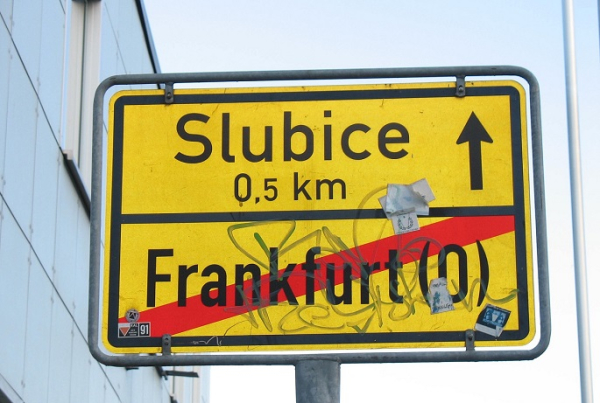Germany to notify EU of checks on Czech, Swiss, Polish border

Germany is firming up its plans to introduce fixed border checks on entry points from Poland, the Czech Republic and Switzerland, government sources told dpa on Monday.
German Interior Minister Nancy Faeser is set to notify the European Commission about the plans, which will mean the possible introduction of police checks directly at the borders between Germany and its three neighbours.
Such checks have been in place at the border with Austria since 2015.
The Interior Ministry is preparing to send a letter on the plans to the European Commission, the sources said.
Faeser recently announced increased mobile checks by police near Germany's eastern border.
The goal is to more effectively fight against smugglers and to detect and prevent unauthorized entries.
Refusing entry to someone at the internal borders of the Schengen free-travel zone is only legal if the European Commission has been notified in advance about the temporary introduction of border controls.
However, people are turned back in relatively few cases, for example if a foreigner is subject to an entry ban or if he or she does not apply for asylum.
Several Schengen states have notified the EU about planned border controls.
France, for example, has applied for checks at its borders with Belgium, Luxembourg, Germany, Italy, Spain and Switzerland, citing the risk of terrorism and irregular migration via the central Mediterranean route and the Balkan route.
However, the French do not check everywhere around the clock, but rather selectively and adapted to the situation. In future, this will probably also be the case at Germany's borders with the Czech Republic, Poland and Switzerland.
Although never far from the headlines, migration into Germany has become a more hotly debated issue since recent state elections showed a rise in popularity for the far-right.
The number of asylum applications has meanwhile increased substantially.
Between the beginning of January and the end of September, 233,744 people applied for asylum in Germany for the first time, about 73% more than in the same period last year.
Many municipalities are stretched to the limit when it comes to accommodating, caring for and integrating the refugees – also because more than 1 million war refugees from Ukraine have arrived in Germany since the beginning of the Russian war in February 2022.
- Germany
- Border
- EU
Source: www.dailyfinland.fi
